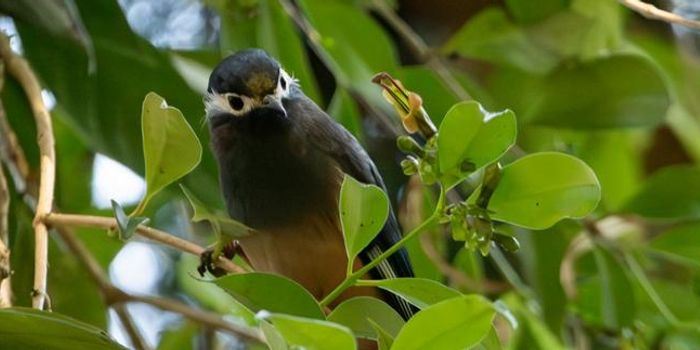Scientists Spotlight Dangers of Ocean Noise Pollution
Many ocean species use sound to communicate and survive. Sound is a crucial communication method since vision is limited in filtered or non-existent ocean light. Hunting, migrating, mating, and socializing are all influenced by communication through sound. So, what happens when external factors add noise to the natural ocean soundscape? According to a recent review from Science Magazine, anthropogenic noise is considered a stressor for marine animals and should be included when assessing pressures on marine ecosystems.
According to the review, even though research from various ocean-related disciplines has demonstrated the negative impacts of ocean noise pollution, no concrete policies have been established. The purpose of this review was to quantify the effects of anthropogenic noise in the ocean to gain the attention of policymakers. According to the data analyzed from 438 papers, noise pollution has a clear negative impact on marine animals.
Scientists quantified three primary sources of ocean noise: biological, geological, and human. The biological sound, called biophony, includes sounds created by animals foraging, hunting, mating, socializing, and more. These are a natural part of the ocean soundscape in addition to geological sounds, or geophony. According to the review, geophony includes noises from seismic activity, hurricanes, currents, and polar ice cracking. The non-natural sound source is from humans, or anthrophony. This includes offshore drilling and fishing, which quiets habitats by removing fish. Global shipping is the most significant contributor to anthrophony, and according to the review, it has increased low-frequency noise in the ocean by 32 times.
Additionally, the review cites how climate change influences ocean sound. Scientists cite the Great Barrier Reef in Australia as one example. According to the study, as the reef continues to die off, it is becoming quieter. Reef animals depend on the noise created in this ecosystem for social signaling and protection. A quieter reef challenges survival. Additionally, as storms increase in frequency and strength with climate change, the increase in geological sounds from these storms may also negatively impact the biological ocean soundscape.
Thanks to decreased shipping traffic in some ports during the COVID-19 pandemic, scientists know that mitigation is effective. According to the review, the Port of Vancouver experienced a 21% decrease in shipping traffic in 2020, resulting in a 1.5-decibel reduction. Mitigation such as reducing shipping traffic or changing ship machinery can reduce ocean noise.
Sources: Science Magazine 1, Science Magazine 2









